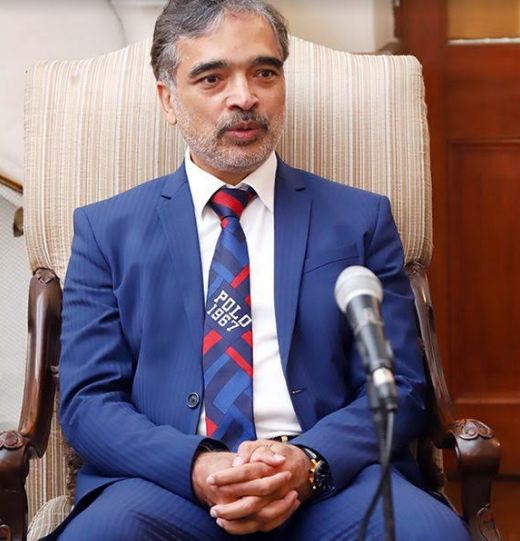DNA
LAHORE – While criticizing the government’s decision to make another raise in electricity tariff, the PIAF Chairman Faheemur Rehman Saigol has urged the National Electric Power Regulatory Authority to reverse the proposed jump in power charges, as it has notified an additional fuel cost adjustment of Rs3.33 per unit for May after a massive base tariff hike a day earlier, putting an additional burden of least Rs580 billion annually.
In a statement issued here on Sunday, the PIAF chairman said the government’s decision to increase the electricity tariff is anti-industry, and the PIAF strongly condemns the government’s move and calls on it to rescind it. He urged the power ministry to identify system constraints and communicate targets to all concerned departments in order to launch a wartime effort to upgrade the transmission system.
Faheem Saigol said that move would further burden the financially strained trade and industry, as this adjustment of Rs.3.3287/kWh shall be applicable to all the consumer categories except Electric Vehicle Charging Stations (EVCS) and lifeline consumers. The electric shock comes a day after the government approved up to 51% or Rs7.12 increase in the per-unit price of electricity from July. After adding the cost of losses and distribution margins, the average tariff rises to Rs35.50 per unit.
He said the real, applicable average national tariff would now be between Rs65 and Rs72 per unit after including surcharges, taxes, duties, and levies, as well as monthly and quarterly adjustments.
As many as 32.5 million consumers would pay an additional amount of at least Rs580 billion in this fiscal year which is over and above the existing cost of electricity. He believed such an increase in tariff was due to the mismanagement and wrong energy policies of past three decades.
On June 14, Nepra already announced almost a 20pc (Rs5.72 per unit) increase in the uniform national tariff to ensure about Rs3.8 trillion in funds to the 10 Discos during the fiscal year 2024-25.
All other consumer categories — commercial, general services, industrial and bulk — would be subjected to Rs1,250 per kilowatt fixed capacity charge compared to the existing rate of Rs400-500 per kilowatt.
On top of this capacity charge increase, commercial and general services tariff would increase by 17pc (Rs5.89 per unit) to about Rs44.
On the other hand, the industrial tariff for the B1 category would be reduced by 6-8pc (Rs2-2.65pc) to Rs31.65 per unit, but the off-peak rate for all other industries exceeding 25-kilowatt capacity would increase by 8-11pc (Rs2.64 to Rs3.56 per unit), and the peak rates would remain unchanged.
The power division said the proposed tariff would generate Rs3.5tr to 10 Discos during the current fiscal year, about Rs580bn higher than last year.
After the impact of 18pc GST, the total revenue would reach around Rs4.2tr in addition to any further adjustments in the shape of monthly fuel charges and quarterly tariff adjustments for exchange rate, inflation and other factors.
The average national base tariff, including for K-Electric, has now been worked out at Rs35.50 per unit for the next fiscal year, against Rs29.78 per unit for the current year. This would yield about Rs3.763tr in revenue to 10 Discos this fiscal year, compared to Rs3.28tr last year.
He said that Pakistan’s industry had been harmed by the high cost of doing business, which discouraged investment in capacity and capability and called for easing the burden of heavy taxes on the power sector. He said that the high cost of doing business has proved to be dangerous for Pakistan’s industry, discouraging investment both in capacity and capability, calling for lessening the burden of heavy taxes on the power sector.

















